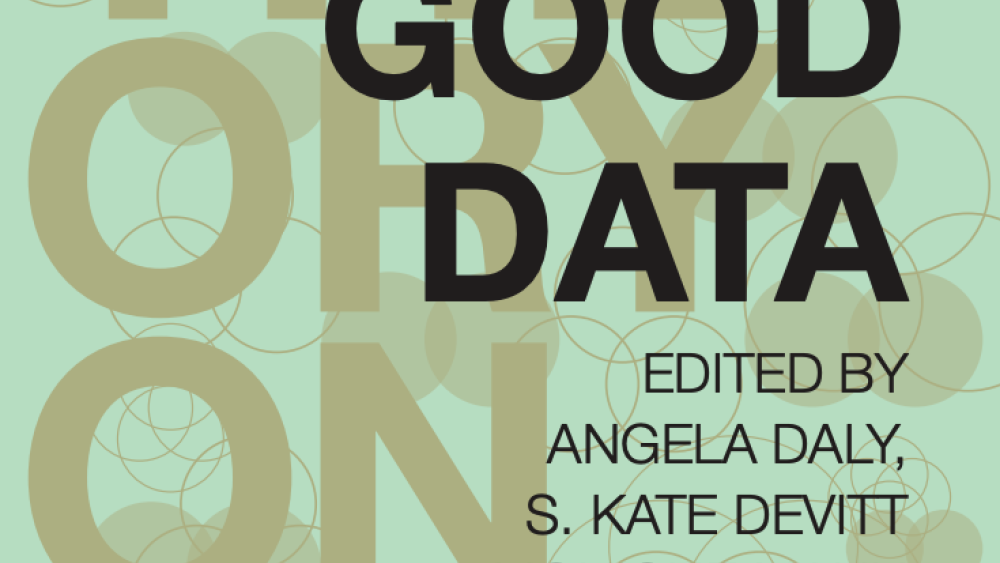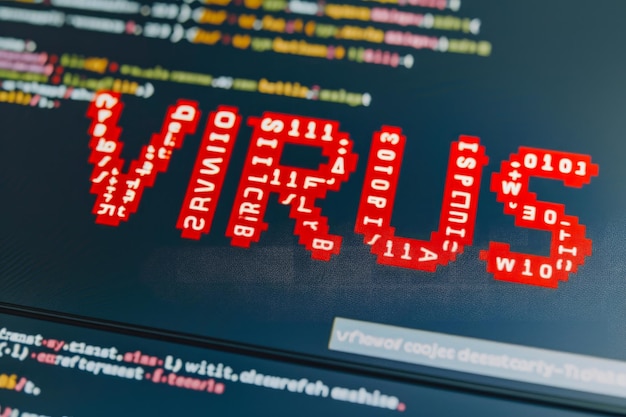The Fight To Protect Indigenous Data And Cultural Knowledge

Table of Contents
The Threats Facing Indigenous Data and Cultural Knowledge
The digital revolution, while offering immense potential, poses significant risks to Indigenous data and cultural knowledge. These threats necessitate a proactive and multifaceted approach to preservation and protection.
Unauthorized Access and Misappropriation
The unauthorized access and misappropriation of Indigenous data and cultural knowledge represent a severe and ongoing challenge. This ranges from the outright theft of data and intellectual property to the subtle yet damaging misuse of sacred information for commercial gain or academic purposes without proper consent.
- Examples: The unauthorized use of Indigenous artwork in advertising; the appropriation of traditional healing practices without attribution or compensation; the commercialization of sacred ceremonies and rituals.
- Impact: This exploitation not only infringes on intellectual property rights but also causes profound cultural damage, undermining Indigenous identity and self-determination. It erodes the spiritual and cultural fabric of communities, leading to the loss of invaluable knowledge passed down through generations.
Lack of Data Sovereignty and Control
Central to the struggle for the protection of Indigenous data and cultural knowledge is the concept of data sovereignty. Indigenous communities must have the authority to govern the collection, storage, use, and sharing of their own data. The lack of this control often leaves them vulnerable to exploitation.
- Challenges: Navigating complex legal frameworks designed for Western intellectual property models; overcoming power imbalances in research collaborations; ensuring Indigenous voices are heard and respected in data governance decisions.
- Self-determination: Achieving true data sovereignty requires Indigenous communities to have the capacity and agency to make their own decisions regarding their data, reflecting their unique cultural values and priorities. This necessitates legal frameworks that explicitly recognize and uphold Indigenous rights.
Digital Divide and Technological Barriers
The digital divide exacerbates the challenges facing Indigenous communities. Unequal access to technology and digital literacy creates significant barriers to effectively protecting their data and cultural knowledge.
- Limitations: Limited internet access, lack of digital skills, and the unavailability of culturally appropriate digital tools hinder Indigenous communities' ability to participate fully in the digital world and safeguard their cultural heritage.
- Culturally Relevant Programs: Addressing this requires investment in culturally appropriate digital literacy programs, bridging the digital divide, and ensuring that Indigenous communities have the technological resources and skills to manage their data effectively.
Strategies for Protecting Indigenous Data and Cultural Knowledge
Protecting Indigenous data and cultural knowledge demands a multi-pronged approach that combines legal frameworks, community-led initiatives, and capacity building.
Strengthening Legal Frameworks and Policies
Robust legal frameworks are crucial for safeguarding Indigenous intellectual property rights and preventing the exploitation of cultural knowledge.
- Successful Legislation: Examples include legislation recognizing Indigenous customary laws related to intellectual property and data ownership; laws requiring free, prior, and informed consent (FPIC) for research involving Indigenous communities.
- International Frameworks: There's a need for stronger international legal frameworks that explicitly protect Indigenous rights in the digital sphere, harmonizing national laws and addressing cross-border issues.
Promoting Indigenous-led Data Governance
Indigenous-led data governance is paramount. This involves empowering Indigenous communities to develop and implement their own data management strategies that align with their cultural values and priorities.
- Successful Initiatives: Examples include community-based databases managed by Indigenous peoples, preserving and sharing cultural knowledge on their own terms; the development of Indigenous-led research projects that prioritize community benefit and control.
- Principles of Self-determination: Community consent, cultural protocols, and the prioritization of community benefits are essential principles guiding Indigenous-led data governance initiatives.
Building Capacity and Digital Literacy
Equipping Indigenous communities with the skills and resources needed to manage their data effectively is crucial.
- Training Programs: Developing culturally relevant training programs on digital literacy, data management, and intellectual property rights empowers communities to protect their knowledge and heritage.
- Culturally Relevant Tools: Creating culturally appropriate digital tools and resources ensures that technology supports, rather than hinders, the preservation and transmission of Indigenous knowledge.
International Collaboration and Best Practices
Effective protection of Indigenous data and cultural knowledge necessitates strong international collaboration and the adoption of ethical best practices.
Sharing Knowledge and Resources
Collaboration between Indigenous communities, researchers, and international organizations is vital for sharing knowledge, resources, and best practices.
- Successful Collaborations: Joint projects that prioritize community ownership and control of data; knowledge-sharing networks that connect Indigenous communities facing similar challenges.
- Support from International Organizations: International organizations can play a key role in funding, supporting, and advocating for Indigenous-led data protection initiatives.
Developing Ethical Guidelines and Standards
Ethical considerations are paramount in any research or data management project involving Indigenous communities.
- Ethical Guidelines and FPIC: The development and adoption of ethical guidelines that incorporate the principle of free, prior, and informed consent (FPIC) are essential to ensuring respectful and equitable collaborations.
- Respect for Cultural Protocols: Ethical guidelines should clearly outline procedures for obtaining consent, ensuring community benefit, and respecting cultural protocols regarding the use and sharing of Indigenous data and cultural knowledge.
Conclusion
The fight to protect Indigenous data and cultural knowledge is a critical struggle for the preservation of cultural heritage and the promotion of Indigenous self-determination. The challenges are significant, ranging from unauthorized access and misappropriation to the digital divide and lack of data sovereignty. However, by strengthening legal frameworks, promoting Indigenous-led data governance, building capacity, fostering international collaboration, and adhering to ethical best practices, we can work towards a future where Indigenous data and cultural knowledge are protected and celebrated. Join the fight to protect Indigenous data and cultural knowledge by supporting organizations working to empower Indigenous communities and advocating for stronger data sovereignty policies. Learn more about [link to relevant organization] and take action today. The future of Indigenous cultures depends on it.

Featured Posts
-
 Nhl Draft Lottery Islanders Win Sharks Get Second Pick
May 13, 2025
Nhl Draft Lottery Islanders Win Sharks Get Second Pick
May 13, 2025 -
 Was Vittoria Ceretti Leonardo Di Caprios Secret Date At The Met Gala
May 13, 2025
Was Vittoria Ceretti Leonardo Di Caprios Secret Date At The Met Gala
May 13, 2025 -
 L Avenir De Gibraltar Perspectives D Un Accord Post Brexit
May 13, 2025
L Avenir De Gibraltar Perspectives D Un Accord Post Brexit
May 13, 2025 -
 How Espn Is Changing Its Nba Draft Lottery Broadcast
May 13, 2025
How Espn Is Changing Its Nba Draft Lottery Broadcast
May 13, 2025 -
 Epic City Development Project Abbotts Warning And Developer Denial
May 13, 2025
Epic City Development Project Abbotts Warning And Developer Denial
May 13, 2025
